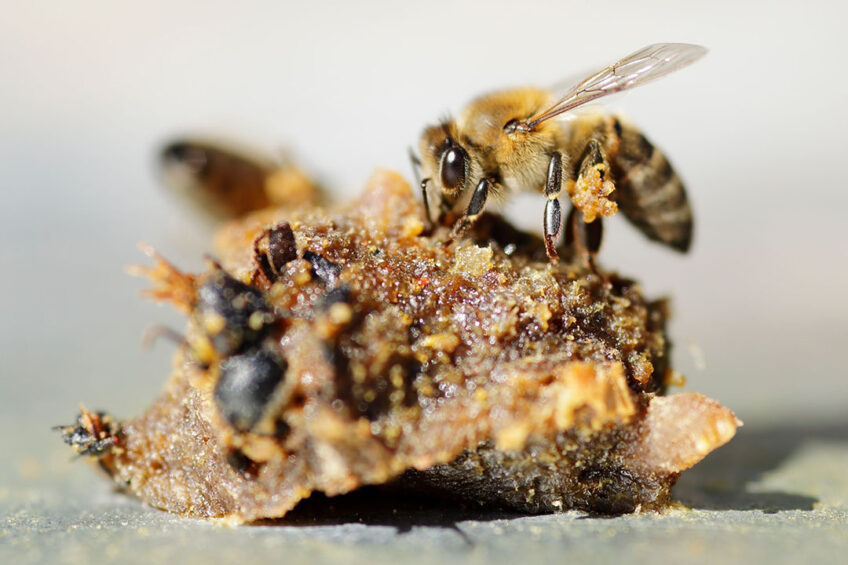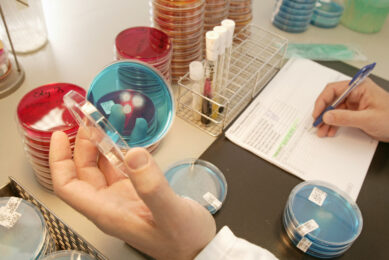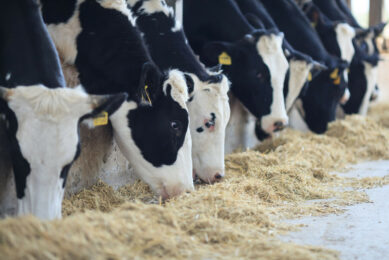Propolis looks promising as an antibiotic alternative

Preliminary studies conducted by the Russian State Agrarian University have shown the high potential of bee products, initially propolis, as an antibiotic alternative.
It is estimated that propolis contains about 200-300 natural compounds. Its biological and pharmacological properties are mainly due to the presence of a great number of polyphenols including flavonoids, triterpenes, phenolic acid esters, such as ferulates and caffeates, aromatic acids, diterpenic acids and lignans as well.
According to the scientists, they were working on new feed additives aimed at stimulating the immune system of livestock animals and poultry.
Bee products use as feed additives
A series of researches focused on evaluating the impact of bee products, including propolis, royal jelly, drone homogenate of bees, wax moth extract, and bee bread showed that their use in feed ‘activated mechanisms of immunocellular, hormonal and biochemical status’ in animals, bolstering their immune response, the scientists said.
“The relevance and uniqueness of these findings lie in the fact that microorganisms do not get used to biologically active beekeeping products, as it, for example, happens with antibiotics,” Ramziya Mannapova, one of the authors of the study said.
Mannapova added that propolis-based feed additives are likely to be in high demand in the Russian industrial livestock and poultry complexes, as well as among backyard farmers.
“New additives designed for stimulating the immune system of animals based on bee products will have a positive effect on the safety and productivity of animals and birds,” the scientists said.
Growth-enhancing function
Previously published studies suggested that propolis has a growth-enhancing function potential. A research conducted by a group of Chinese scientists in 2004 showed that broilers fed with 0.1% propolis had an increase in body weight by 2.03%, compared to controls.
During another study, published in the International Journal of Poultry Science weight and daily weight gain of broilers were significantly increased after the dietary supplementation with propolis at 50,100, 150, 200 or 250 mg/kg. Feed intake and FCR were statistically improved in chickens fed diets supplemented with 250 or 400 mg propolis/kg diet.
Propolis also appeared to increase resistance to many stressors in some poultry species. In several studies, propolis addition enhanced the weight gain in heat-stressed and lead-exposed broilers.











